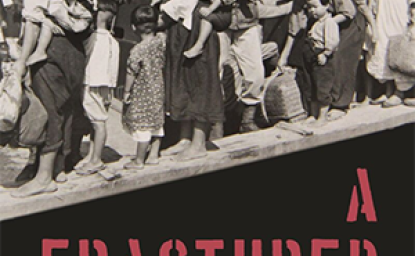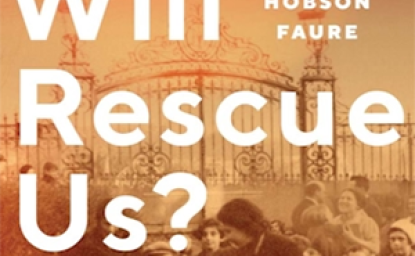
In 2019 NATO marks the seventieth anniversary of its founding. Created as a bulwark against perceived Soviet expansionism, NATO became a fixture of the European security landscape, one that anchored the United States in Europe and formed the institutional framework for political and military cooperation between Washington and its Western European allies. NATO helped to keep Western Europe secure, democratic, and prosperous through the Cold War years. The end of the Cold War presented the Transatlantic alliance with a new set of challenges. As the democracies of Eastern Europe clamoured to join the West, the United States and its allies opted for enlargement, filling the security void left by the dissolution of the Warsaw Pact. NATO played a crucial role in ending ethnic strife in Yugoslavia, while security challenges of the post-Cold War, including terrorism, piracy, and religious and ethnic sectarianism, offered the organization new opportunities to reinvent itself. Meanwhile, some aspects of NATO’s expanding mission touched on sensitive chords in Moscow, contributing to growing tensions between an increasingly assertive Russia and the West.
The Sir Michael Howard Centre for the History of War at King’s College London, the School of Law and Politics at Cardiff University, and the Nuclear Proliferation International History Project at the Woodrow Wilson International Center for Scholars are holding a one-day conference, “NATO: Past and Present” to evaluate the lessons of NATO’s history during the Cold War and its aftermath. We seek to explore what worked and what didn’t; which opportunities were seized, and which were missed, and how NATO’s evolving mission has shaped the European and international security environments.
The conference will take place at King’s College London on 6 December 2019. It is timed to coincide with the anniversary NATO summit in London.
The organizers are soliciting paper proposals that broadly fall under the following themes:
- The origins of NATO
- NATO in the Long Sixties
- NATO and the Second Cold War
- NATO’s post-Cold War enlargement
Selected papers will be published in a special issue of the Journal of Strategic Studies. Paper proposals should not exceed 200-300 words, and are to be submitted to a dedicated e-mail account: NATO.at.70@gmail.com by Friday, 6 September 2019.
The organizers will strive to meet the expenses of participants, though this may not be possible in every case.
For contacts / queries, please write to:
Professor Joe Maiolo, King’s College London, Joe.Maiolo@kcl.ac.uk or
Professor Sergey Radchenko, RadchenkoS@Cardiff.ac.uk or
Pieter Biersteker, Pieter.Biersteker@wilsoncenter.org.






